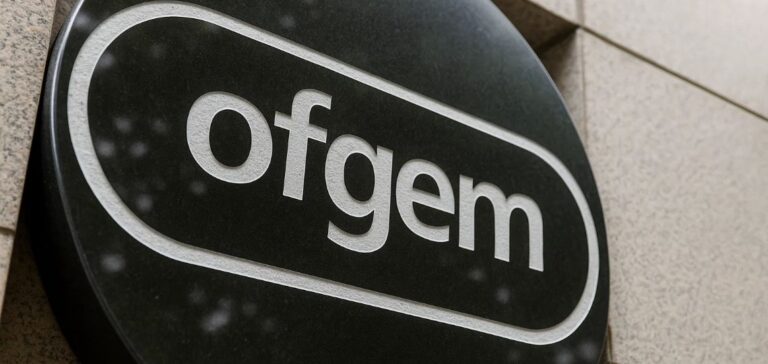Annual energy bills for households in the United Kingdom are forecast to decrease by £129 ($164) starting in July, representing a 7% drop, according to projections published by consultancy Cornwall Insight. This would mark the first reduction in the regulated energy price cap in a year.
Expected impact for 29 million households
The UK regulator, the Office of Gas and Electricity Markets (Ofgem), is expected to confirm the upcoming revision of its price cap on Friday. The measure will apply from 1 July through the end of September and will affect nearly 29 million households in England, Wales and Scotland. The cap limits the price per unit that suppliers can charge consumers for gas and electricity, based on a formula tied to wholesale prices and network costs.
For an average household with a dual-fuel contract (gas and electricity) paying by direct debit, the annual bill is projected to fall from £1,849 ($2,352) to £1,720 ($2,187). This represents an upward revision from the previous estimate of £1,683 ($2,140), due to recent increases in wholesale prices, particularly related to uncertainty around US trade policies.
A persistently unstable market
Energy prices remain highly sensitive to global economic conditions. After falling due to concerns over US tariffs, renewed optimism regarding trade negotiations has led to price increases in some segments of the market.
The energy crisis, which began in 2021 and was worsened by the war in Ukraine, continues to impact household budgets. Dr Craig Lowrey, principal consultant at Cornwall Insight, stated that “prices are falling, but not enough for the many households still struggling under the cost of living crisis,” adding that “levels remain well above those seen at the start of the decade.”
Conditional forecasts and industry responses
Cornwall Insight projects further declines in the price cap in October, followed by another reduction in January 2026. However, these forecasts are subject to several variables, including weather patterns, EU gas storage regulations and the ongoing war in Ukraine.
Richard Neudegg, director of regulation at Uswitch, indicated that some households could achieve significant savings by switching contracts before July. He estimates that current fixed-rate deals could save up to £332 ($422) compared with the current cap, or around £200 ($254) more than the July forecast.






















